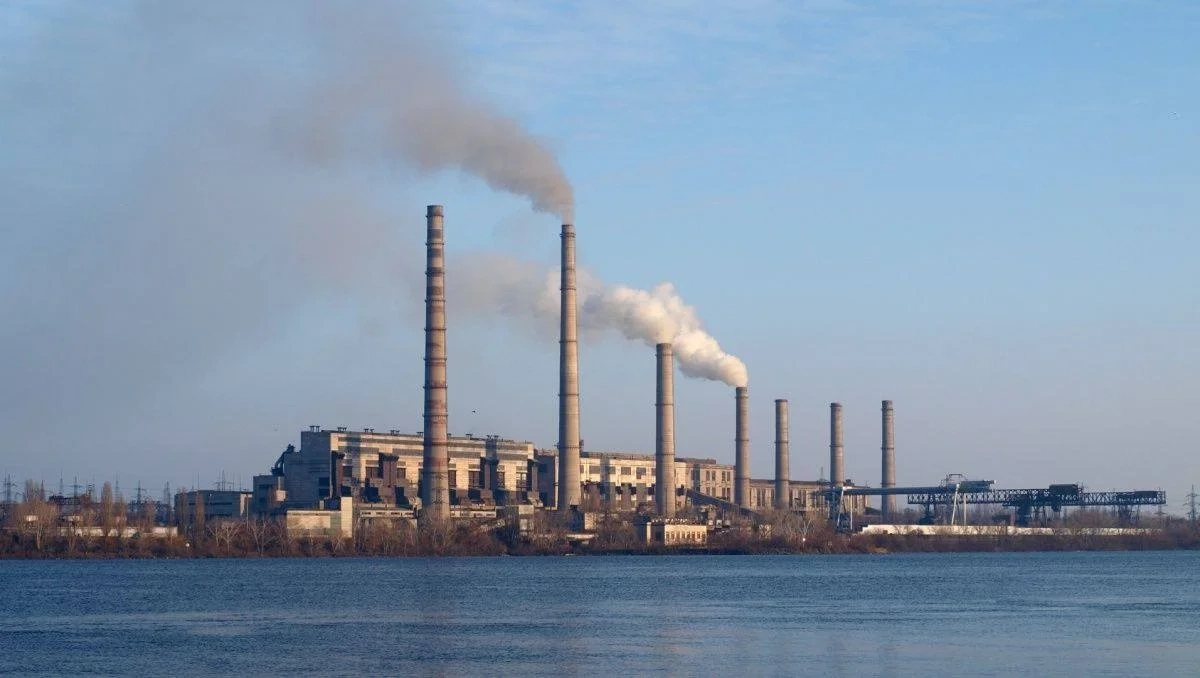UKRAINE, July 18 — UN High Commissioner for Refugees Filippo Grandi announced a new financial contribution of $100 million to help prepare for the winter season for displaced and war-affected people in Ukraine. The High Commissioner reported this during opening remarks at a meeting on the energy situation in Kharkiv.
In the spring of 2024, the Russian army attacked Ukrainian energy facilities with missiles and drone strikes. On May 8, the Prime Minister reported that they had destroyed or damaged 800 heating facilities in the country.
In particular, the March attacks destroyed the power and heating infrastructure supplying Kharkiv and its region. Currently, local power plants are unable to generate enough electricity to cover all consumer needs, so Kharkiv supplies it from other regions.
UNHCR, the UN Refugee Agency, reported that it is concerned that, with the upcoming winter, conditions in Kharkiv could become even more complicated, forcing many people to leave for safety and survival, seeking protection elsewhere.
To prevent further displacement and ensure people remain safe and warm in their homes, UNHCR has launched a comprehensive winter response plan as a part of a broader UN appeal to provide people with cash, help them repair homes or insulate them before the winter season, and pay energy bills.
During his visit, Grandi and the Ministry of Energy of Ukraine handed over ten generators to local governments as an initial contribution to the government-led effort to provide alternative energy sources and keep critical services operational.
Kharkiv Oblast Governor Oleh Syniehubov said that the Kharkiv region has already received a state subvention of $239 million to prepare for the heating season. Of this amount, $191 million was allocated for Kharkiv and $47 million for Pisochyn, Solonytsivka, and Slobozhanske in Kharkiv Oblast.
Read more
- On July 14, Gaël Veyssière, French Ambassador to Ukraine, arrived in Kharkiv. During a meeting with journalists, he said that France had handed over 13 generators to Kharkiv to keep the city’s heating networks operating during blackouts.




